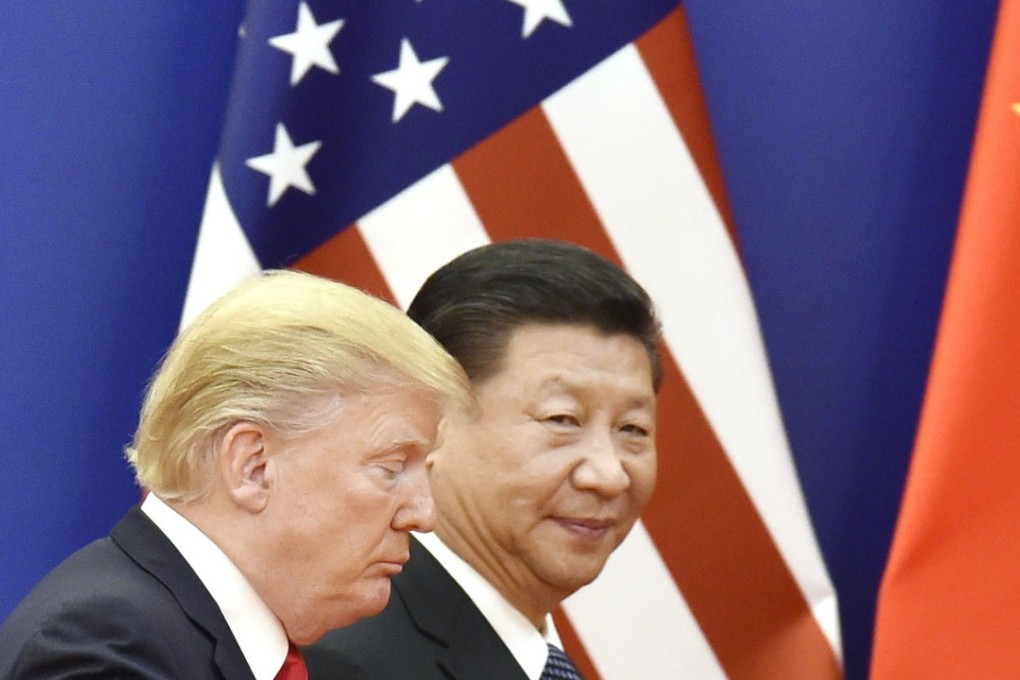Asian Angle | Korean war to trade war, China has a Trump card against US: resilience
Tariffs are just the opening salvo in America’s battle to slow China’s rise, a head-on collision that China’s leaders have long seen coming. Beijing won’t be caught napping

It is, in effect, a battle of the utmost strategic importance, pitting China against a coterie of Western nations that see it as the gravest threat to their dominance of the existing world order. Slapping on tariffs is just the opening salvo.
On the one side, there is the clear (if not publicly admitted) goal of slowing down (if not containing altogether) China’s seemingly inexorable rise as a superpower. And on the other is China’s determination not to bow to the collective might of the West and forfeit the right to decide its own destiny.
On present reckoning, it does not appear that either side will back down. And so the stage is set for a long, bruising contest of will, with the rest of the world as collateral damage.
But at the strategic level, China’s leaders, past and present, have long seen this head-on collision coming.
